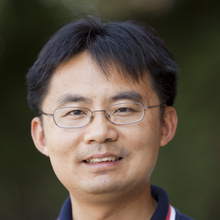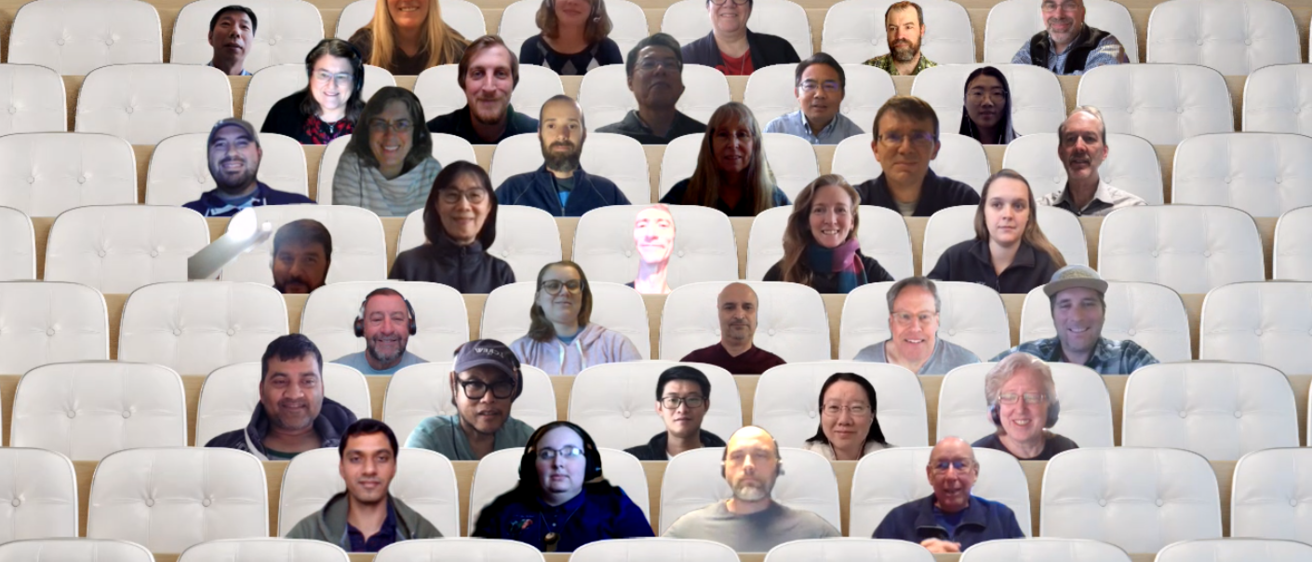University of Iowa Prof. Jun Wang hosted a nationwide team of approximately 60 scientists and engineers virtually in November to share scientific advances, research findings, and operations related to the SAGE III mission, an Earth-observing instrument aboard NASA’s International Space Station. SAGE stands for Stratospheric Aerosol and Gas Experiment. SAGE III is a third-generation solar occultation instrument studying ozone, aerosols, and other trace gases in the Earth's stratosphere and above, according to NASA.

Wang, professor of chemical and biochemical engineering at the UI College of Engineering and Iowa Technology Institute assistant director, was selected this year by NASA as the SAGE III Science Team Lead. Dr. Richard Eckman, SAGE III program scientist at NASA Headquarters, and Dr. David Flittner, SAGE III project scientist at NASA Langley Research Center, helped coordinate the meeting.
Scientists from Europe and Canada were invited to present their research findings based on scientific data from SAGE III observations. The meeting included intriguing discussion and in-depth exchanges of research for future collaborations.
The SAGE III mission operations team shared about their hard work during the pandemic handling the challenges and many activities associated with operating an instrument on the International Space Station. Attendees also discussed plans for engagement with the broader scientific community and discussed future opportunities to communicate the importance of SAGE III science to the public.
Wang, who is also the James E. Ashton Chair of Engineering, recently won a three-year $540,000 grant to use measurements from SAGE III to investigate the aerosol composition and temperature in the Upper Troposphere and Lower Stratosphere (UTLS) related to wildfires.
Wildfires, such as those in Australia and the western United States, have injected plumes of black carbon particles or aerosols into the UTLS approximately 6 to 18 miles above the Earth’s surface.
